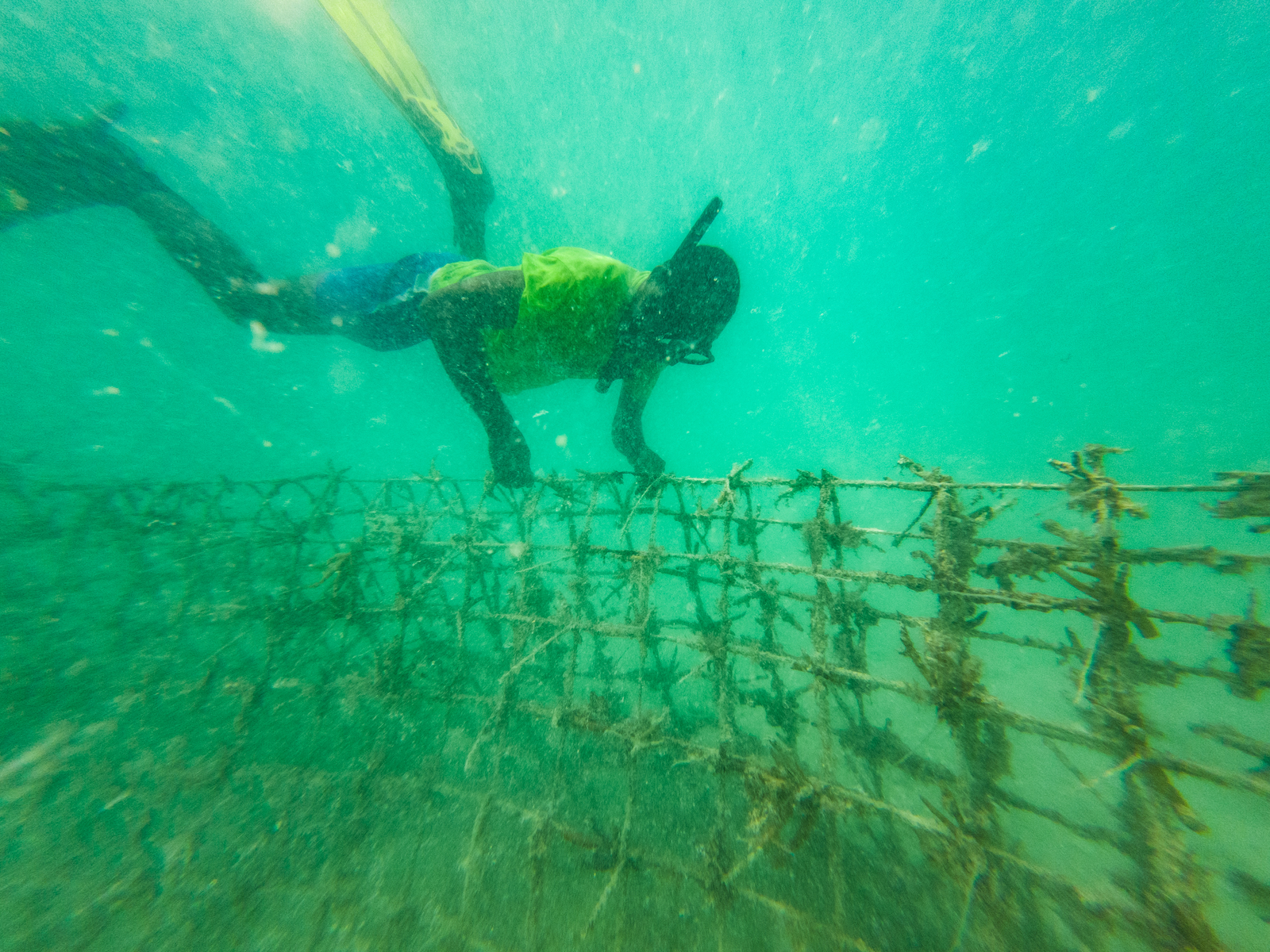A Unique Indigenous Leadership Agreement Drives Change in Lau

Since 2016, Conservation International in Fiji and the Chiefs of Lau have been working together, resulting in significant achievements in environmental protection and community development. A Memorandum of Understanding (MOU) signed in 2016 has been crucial in leveraging indigenous knowledge and local stewardship to bring about real change.
One notable outcome of the MOU is the Lau Seascape Strategy, launched in 2019 under the guidance of the Lau Chiefs. This strategy has led to various initiatives, including the strengthening of the Yaubula Management Support Teams (YMST). These teams lead local activities, raise community awareness, and monitor progress. An impressive achievement by the YMST is the successful planting of over 40,000 corals. They have also implemented tailored protection plans for other vulnerable areas.

The MOU has also facilitated the creation of community-protected areas through spatial zoning and integrated resource management. These areas, totaling 154 km2, now safeguard crucial land and sea biodiversity sites in all 13 Lau districts. Additionally, critical spawning sites and turtle nesting areas have been established. These conservation efforts aim to promote sustainable production and enhance the overall health of the ecosystems.
Conservation International is developing a guide that aligns with the indigenous plan to assist the Lau community in forming and reviving cooperatives. This initiative aims to improve their financial skills and business know-how. It is closely connected to creating a deed of trust which will provide a solid and trusted framework for managing resources and finances. This deed of trust will contribute to the balanced and responsible growth of the Lau community.
At the heart of these successes is the Lau communities' deep-rooted indigenous knowledge. By rejuvenating traditional practices of sustainable living and well-being, they have strengthened community resilience and paved the way for a sustainable future.
While there is still much progress to be made, these remarkable achievements demonstrate that when conservation science and economic development are guided by indigenous knowledge, it leads to balanced growth and sets us on a solid path toward a sustainable future.